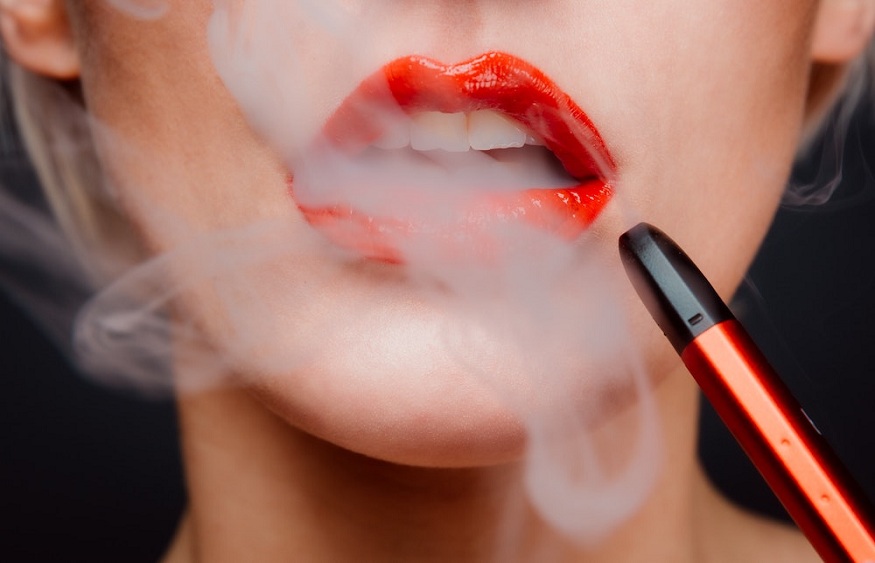Vaping delta 8 THC has fast become the most popular consumption method thanks to fast-acting effects and versatility fitting easily into your lifestyle. But not all Delta 8 vape cartridges and disposables hitting markets now offer the same safety, potency, and purity from unreliable new brands focused more on profits over consumers.
Verify third party lab testing reports
The process of inhaling new compounds into your lungs, product safety, and label accuracy should rank as top priorities. Outside laboratory testing by accredited groups offers an unbiased analysis of the true content and purity of popular delta 8 vape offerings. Leading brands post easy access either on website product pages or inside QR codes on packaging.
- Recent test date – Outdated years old reports prove nothing for the current inventory
- Analytes tested – Should include cannabinoids/terpenes, contaminants, solvents
- Non-detect limits & thresholds – As low as reasonably achievable exposures
Reports claiming high potency or purity not aligning with testing standards or recent samples deserve skepticism of cutting corners. Scrutinizing this data minimizes the risks of heavy metals, toxins, or mislabelled strengths being inhaled.
Check company & ownership backstories
Vape products quickly become commoditized so customers often ignore companies behind popular Delta 8 cart names. However, reviewing business origins and management gives clues into true motivations. Multi-year established CBD or nutraceutical manufacturers expanding into Delta 8 leverage extensive infrastructure and compliance experience differently than small teams of unknown founders prioritizing profits first in white-label deals. Desert vs reputable “chain of custody” backgrounds inform eventual quality levels down the line so track records matter.
Read consumer reviews critically
Market and advertising claims mean nothing without matching user experiences. But check review sources objectively. Unverifiable platforms or the brands’ websites easily post fake praise. Larger independent retailers, public forums, and social platforms show diverse authentic feedback – both bad and good. Repetition growing of undisclosed chemical tastes, harshness, or effects inconsistencies weight heavily suggesting ignored quality shortcuts chosen boosting profits over consumer safety and satisfaction.
Manufacturing processes
Even the most reliable tested end products hide sordid supply chain secrets that reduce compliance and safety at key points. Quality-focused brands willingly share extraction types used, contamination prevention steps, site certifications, and testing protocols confirming that standards existed long before finished vape carts reached your hands. Vague vendor histories or descriptions degrade confidence that purity was prioritized over profits through each production phase. If transparency seems lacking, chances increase that negative user reports will expose poor practices overlooked during sales pursuits.
Comparison shop pricing
Delta 8 vapes recently, huge price discrepancies exist until competition and processes mature. Right now 0.5-1 gram cartridges retail from $15 up to $60+ at different vendors. Such wide gaps strongly indicate major differences in supply chain costs, testing investments, compliance, and likely overall resulting quality. While cost savings appeal universally, rock bottom deals likely cut concerning corners that compromise safety and consumer experiences contrasting premium grade products at slightly higher investments. Vet source materials, conversion processes, and overhead expenses create huge price gaps through an economic lens anticipating eventual experience differences in your purchases as well.




